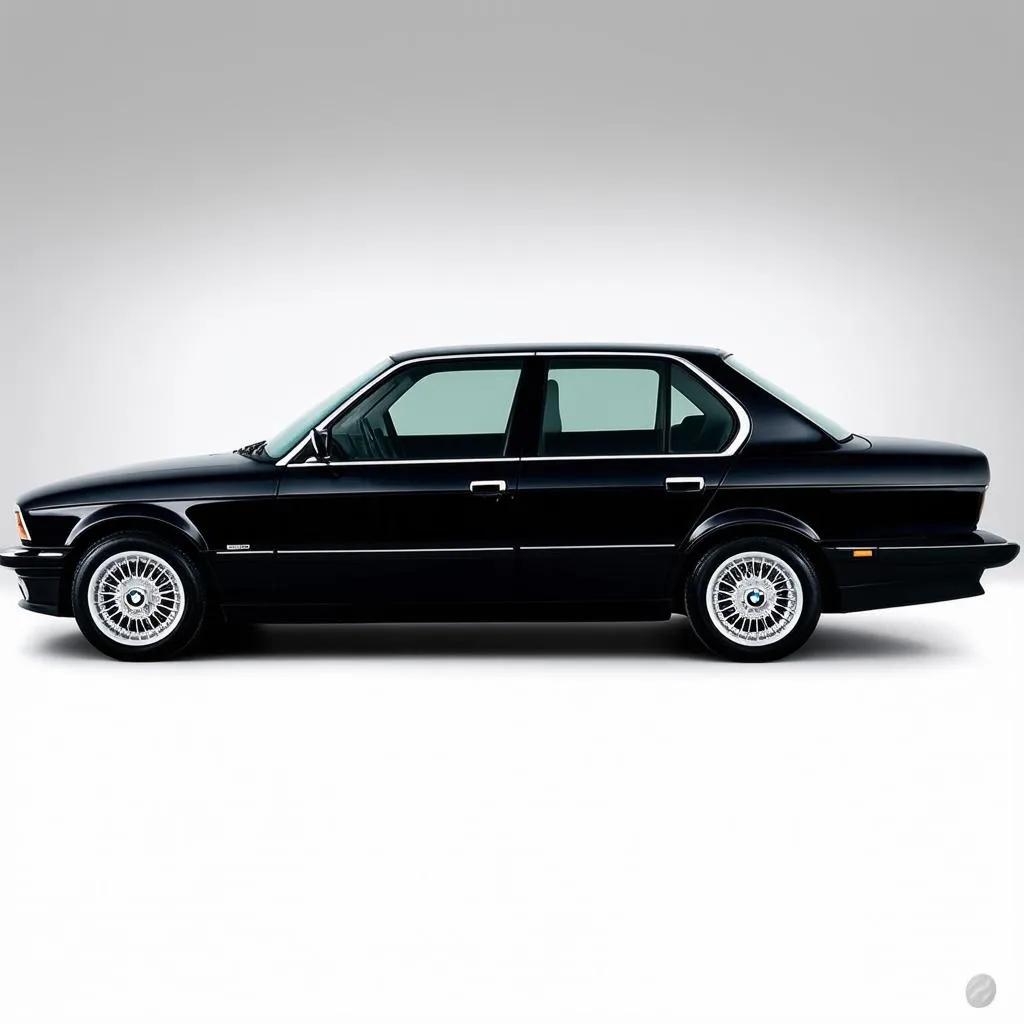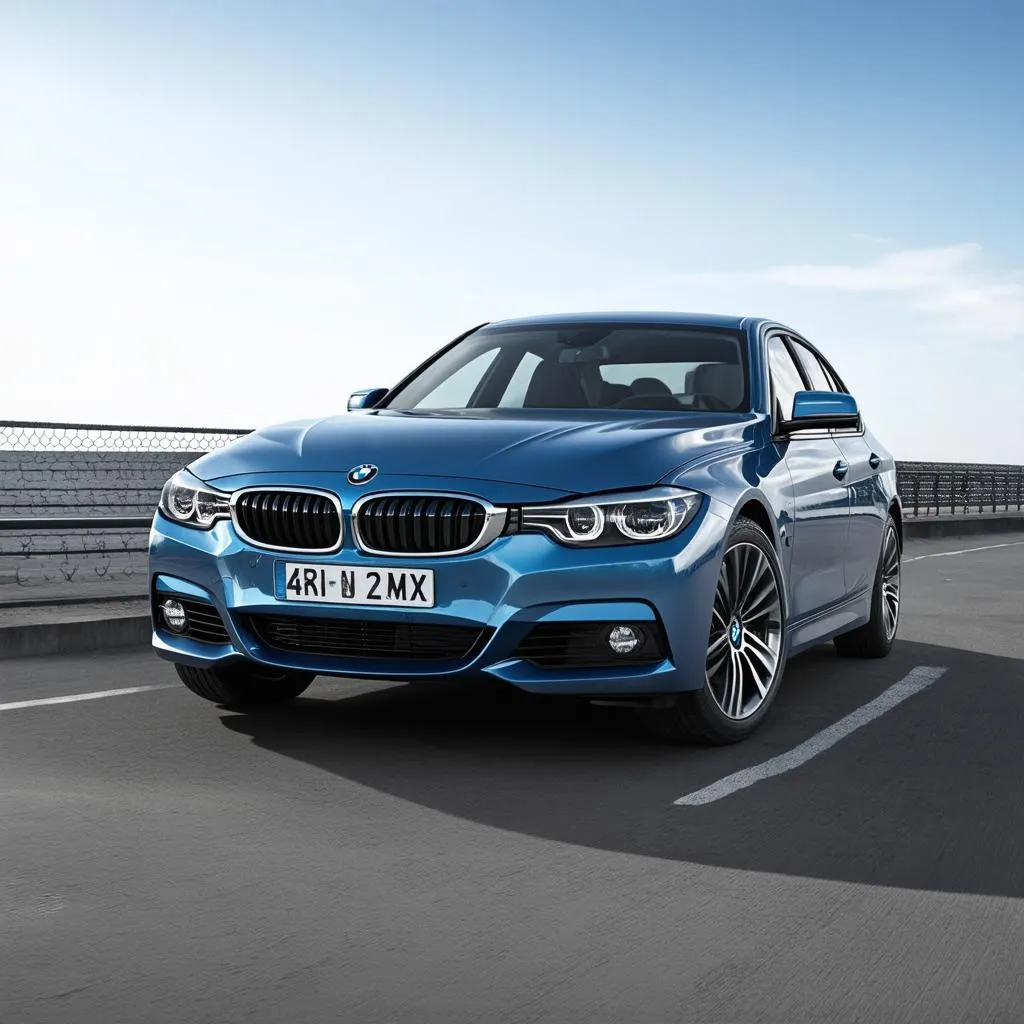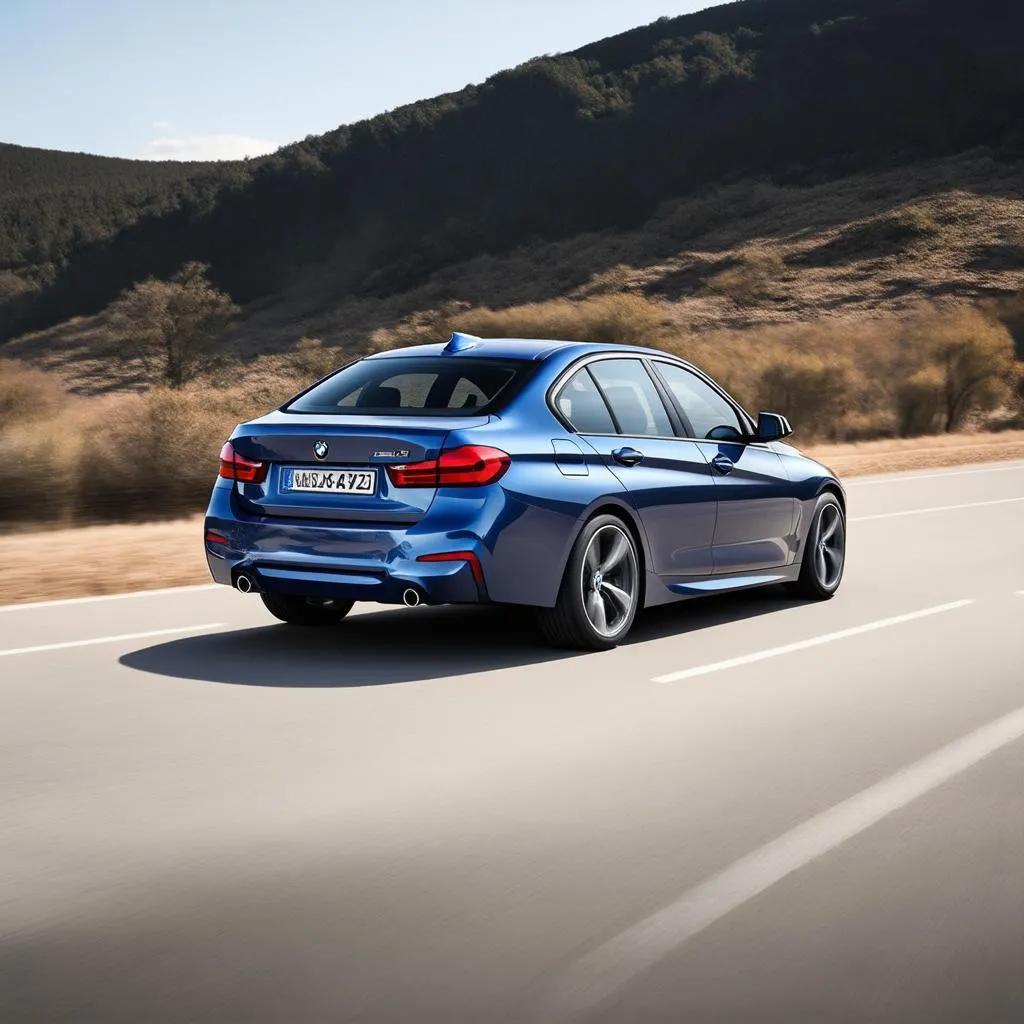BMW 3 Series: Finding the Most Reliable Year
You’ve probably heard that BMWs are known for their performance and luxury, but what about reliability? If you’re considering a BMW 3 Series, you’re likely wondering: which years are the most reliable? This question is a common one, and for good reason. The 3 Series is a popular car, but its history is marked by both triumphs and challenges. Let’s explore the key factors that determine the reliability of a BMW 3 Series, and uncover the years that stand out for their dependability.
Understanding Reliability in the BMW 3 Series
When it comes to reliability, there isn’t a single definitive answer that fits every driver. It’s a complex issue influenced by several factors, including:
1. From a Mechanic’s Perspective:
“Reliability is about consistency,” says Mark Thompson, a seasoned automotive technician in Los Angeles. “A reliable car starts when it should, runs smoothly, and requires minimal maintenance.” Mark adds, “But reliability is also about the car’s ability to withstand the wear and tear of daily driving and handle unexpected situations.”
2. The Technical Perspective:
A reliable BMW 3 Series needs robust engineering, high-quality materials, and well-designed systems. From the engine to the electrical system, each component plays a role in overall performance and longevity. The car’s electronic control units (ECUs) are also critical for smooth operation and diagnosing potential issues.
3. The Economic Perspective:
A reliable BMW 3 Series means fewer costly repairs and unexpected breakdowns. While BMWs are known for their luxury, their maintenance costs can be higher than average. Choosing a reliable year can help you save money on repairs and enjoy the car without constant worry.
Deciphering the Most Reliable Years:
The BMW 3 Series has undergone significant changes over its lifespan. Let’s look at some of the most reliable models and why they stand out:
1. The Golden Era (1999-2005)
“These 3 Series models were known for their sturdy build quality and smooth engines,” says Dr. Michael Schmidt, a renowned automotive engineering professor in Germany. “The E46 generation, particularly the 325i and 330i models, offered a perfect balance of performance and reliability.” These models, often considered the “sweet spot” for reliability, were praised for their robust engines and relatively few major issues. They were also popular for their elegant design and comfortable interiors.
2. The N52 Engine Era (2006-2011)
The E90 generation introduced the N52 inline-6 engine, which brought a new level of efficiency and refinement to the 3 Series. “The N52 engine was renowned for its smooth operation and fuel economy,” explains Dr. Schmidt. “However, it did experience some issues with valve stem seals and timing chain tensioners.” If you are considering a 3 Series from this era, be sure to check the maintenance history and ensure any known issues have been addressed.
3. The Modern Era (2012-Present)
The F30 and G20 generations brought a significant shift towards technology, with features like advanced driver-assistance systems and digital instrument clusters. “These modern 3 Series cars are more complex,” explains Mark Thompson. “While they offer excellent performance, they can be more prone to electrical glitches and software issues.” The 330i and 340i models generally receive high marks for reliability, but be prepared for potential software updates or issues that might arise.
FAQs about BMW 3 Series Reliability:
1. What are the most common problems in a BMW 3 Series?
- Engine Issues: While BMW engines are generally robust, some models have experienced issues with valve stem seals, timing chains, and cooling system components.
- Electrical Problems: With the rise of complex electronics, electrical glitches and software updates can be common.
- Suspension and Steering: Some models have experienced problems with suspension components and power steering systems.
- Fuel System: Fuel pumps, injectors, and sensors can all contribute to fuel-related issues.
2. How can I avoid buying a problematic BMW 3 Series?
- Check the maintenance history: A well-maintained BMW is likely to be more reliable than one that hasn’t been serviced properly.
- Look for signs of damage: Inspect the car carefully for any signs of accidents or neglect.
- Have a mechanic inspect the car: A pre-purchase inspection by a trusted mechanic can help you identify any potential problems.
3. What are some tips for maintaining a BMW 3 Series?
- Follow the recommended service schedule: Regular maintenance is crucial for keeping your BMW in top condition.
- Use high-quality fluids and parts: Use genuine BMW parts whenever possible and avoid using aftermarket parts that may not be as reliable.
- Be aware of common issues: Stay informed about common problems in the model year you are considering.
Finding the Right BMW 3 Series for You:
The most reliable BMW 3 Series depends on your individual needs and priorities. While specific years often stand out, remember that every car is unique. Thorough research, careful inspection, and a trusted mechanic can help you make an informed decision.
Are you looking for a reliable BMW 3 Series to add to your collection? Share your experiences in the comments below! Let’s discuss the best ways to find a reliable car that fits your driving style and budget.
 BMW 3 Series E46
BMW 3 Series E46
 BMW 3 Series F30
BMW 3 Series F30
 BMW 3 Series G20
BMW 3 Series G20
Need help diagnosing your BMW 3 Series? Contact us at Whatsapp: +84767531508, our team of experts is available 24/7 to assist you. We offer comprehensive support for all your BMW 3 Series needs, from diagnostics to repair.
